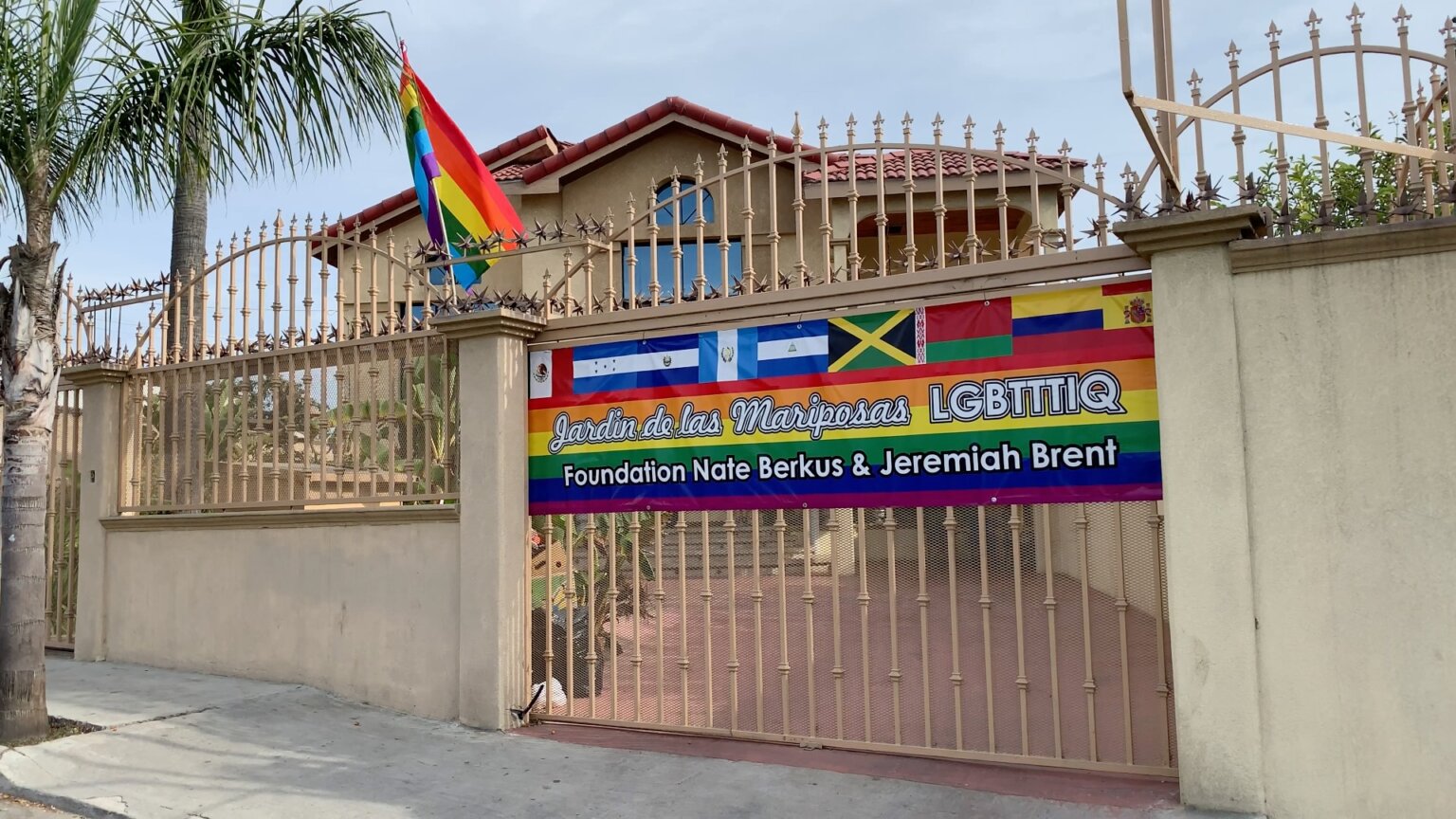- About
- Topics
- Picks
- Audio
- Story
- In-Depth
- Opinion
- News
- Donate
-
Signup for our newsletterOur Editors' Best Picks.Send
Read, Debate: Engage.
| June 02, 2015 | |
|---|---|
| topic: | LGBT Rights |
| tags: | #gender equality, #Malaysia, #Sharia law, #transgender |
| located: | Malaysia |
| by: | Neelo Aysha Scholz |
Three transgender women in Malaysia won an unprecedented challenge to a Sharia court law. After having been arrested repeatedly and harassed by police, they took their case to the appeals court. Their crime: to dress like women though they were born as men.
Aston Paiva, their lawyer, said, “It’s quite historic…this will be a precedent… this court binds all other high courts.”
On Nov 7, 2014, a three- judge panel of Putraja Cort of Appeal said that a state Sharia-law ban on cross- dressing was “degrading, oppressive and inhumane and so long as it was in force transgender people will continue to live in uncertainty, misery and indignity.”
Malaysia has a double track court system, with state Islamic law governing civil matters for Muslim people who account for 60% of the population. Under state Islamic laws men acting or dressing as women were punishable by up to three years in jail.
Human Rights Watch calls Malaysia one of the worst countries for transgender people, as they face constant harassment, sexual abuse and arrest by the authorities. They say both Muslim and non- Muslim Transgenders have been adversely affected by the Islamicization of public policy since 1982. A fatwa issued then prohibits Muslims from undergoing sex reassignment surgery (SRS) and Muslim medical institutions from providing such surgeries.
The National Registration Department does not allow transgender people to change the sex marker on their identity cards to match their gender identity. This right is denied even when non-Muslim Malaysians have undergone SRS overseas, forcing them to live in a legal limbo in which their bodies do not match the sex listed on their identity card.
Will moderate Malaysia ever recognize the right of transgendered individuals to be perceived by the sex that they perceive themselves to be? More staunchly Islamic nations such as Pakistan, Kuwait and Iran already grant their citizens these rights.
In India, its South Asian neighbor, the Supreme Court recognized ‘hijra’ or transgenders as a third gender in law, in April this year. Predominantly Muslim Bangladesh has also leapt this hurdle with transgender people being eligible for priority in education as well.
In Pakistan ‘hijras’ can identify themselves as male, female or third gender, and Islamic teachings were the force behind a small civil rights movement in their favour. The Guardian spoke to Aslam Khaki, a lawyer and Islamic scholar who in 2009-2010 instigated a series of court cases championing hijra rights. He achieved this through his thorough Islamic knowledge, citing scripture to make his case. The Supreme court ordered transgender persons to not only be treated as other citizens in matters of inheritance, employment and election registration, but if qualified, to be given preference for civil service jobs for affirmative action reasons. Police were also warned to cease harassment and intimidation of the minority. In Pakistan as in India, there has historically been social acceptance of transgender and transsexual people as long as they kept a low profile. An old Indian custom practiced in both countries invites eunuchs or transsexuals to dance at weddings in order to bless the union.
In Iran, authorities not only accept SRS, but pay for the operation and counseling for people diagnosed with Gender Identity Disorder. A sex change is also officially recognized on birth certificates. It should be noted, however, that the choice seems to be between transsexuality and homosexuality here. The former, considered a legitimate health problem by the dominant legal, religious, medical communities and for which the sanctioned cure is an SRS. Homosexuality, on the other hand, can be punishable by death.
None the less, how is it possible that a country that follows such narrow interpretations of Islamic scripture and imposes Sharia law on its citizens recognizes the need for SRS whilst a moderate Muslim nation such as Malaysia arrest their citizens simply for cross dressing?
Does religion really inform public policy in Malaysia or are social attitudes the culprits? And can we wait for society to be ready before we offer all our citizens equal human rights?
By copying the embed code below, you agree to adhere to our republishing guidelines.
